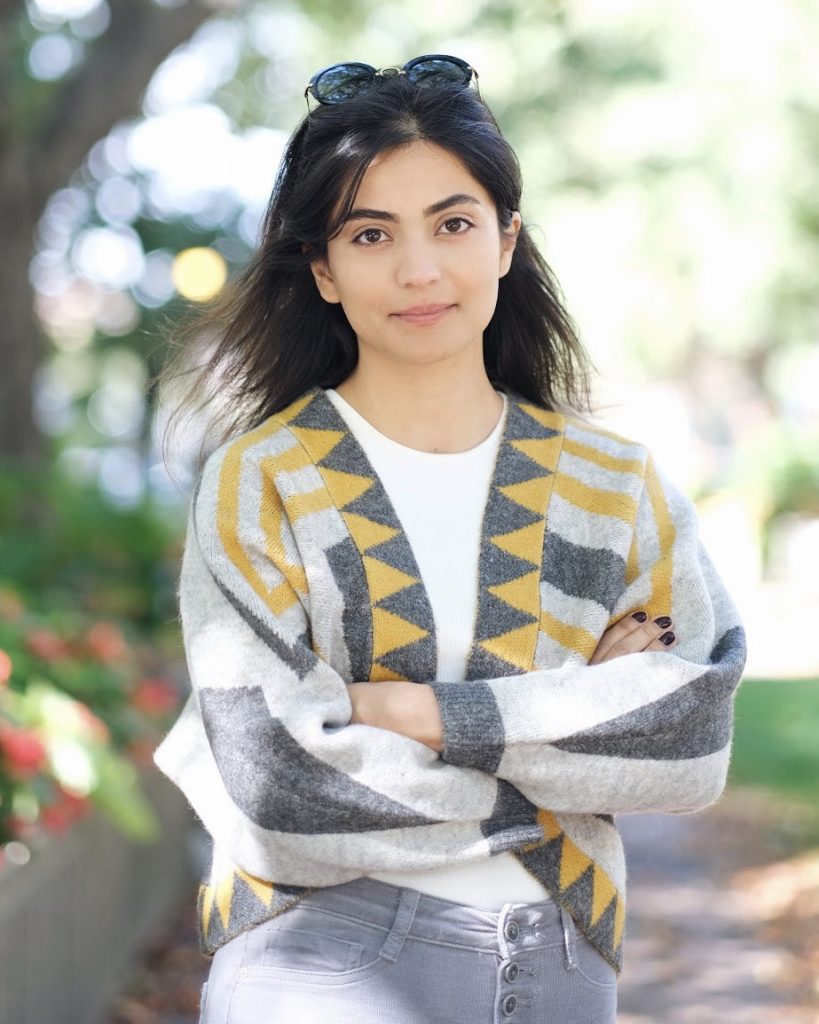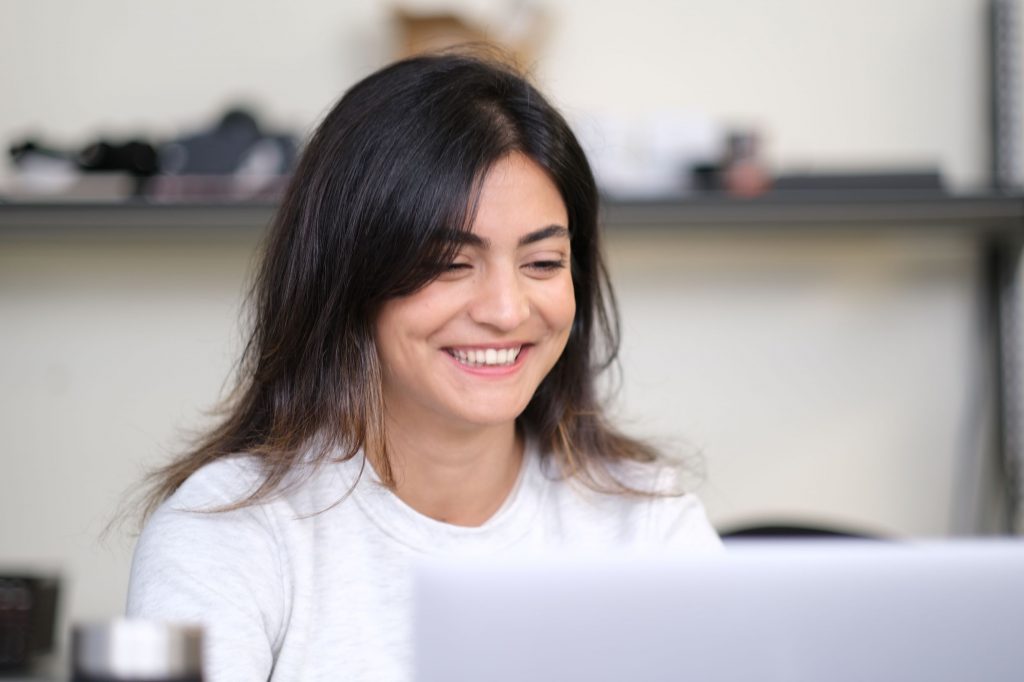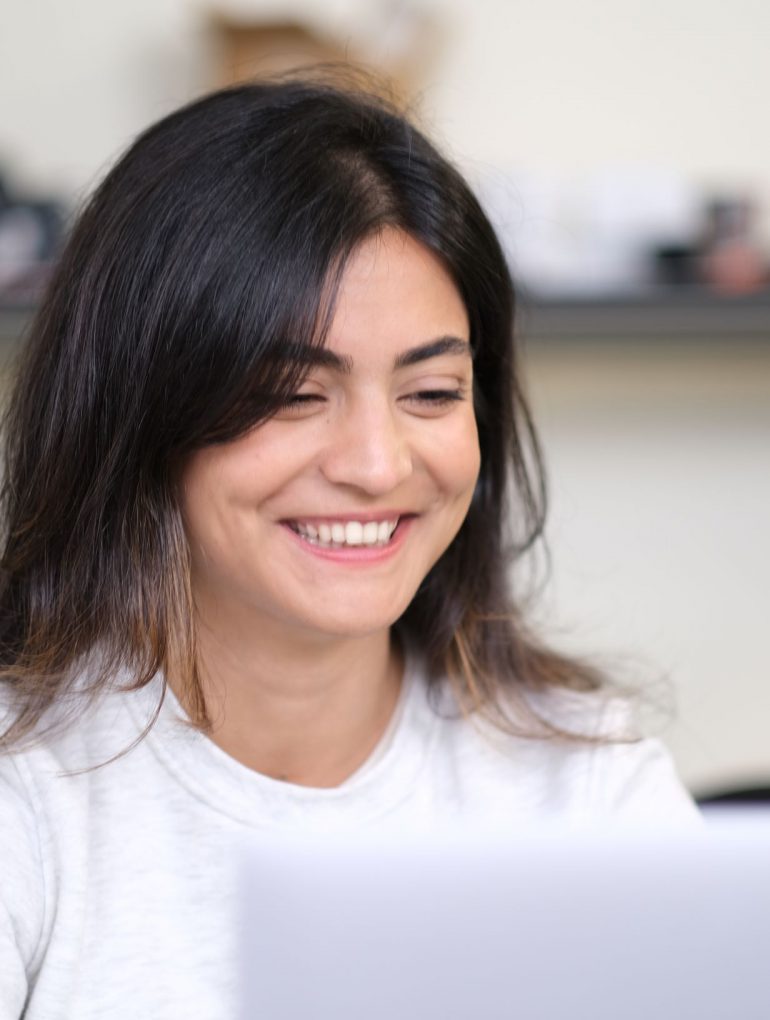My grandmother was diagnosed with dementia around the same time that I started my research career at the Toronto Rehab Hospital. It made my research more personal.

For my PhD thesis I’m developing an assistive system that uses artificial intelligence to enhance the lives of people with dementia. People with dementia, even at early stages, often get disoriented or lost. I am developing intelligent navigation assistance to help them navigate safely and independently in the outdoor environment. What we want to do with this is predict future mobility patterns, and by predicting future mobility patterns we take a step back and help users navigate to their destination, and in case they unintentionally diverge from their original destination we can provide some form of intervention to guide them.

Growing up, I was always ambitious and competitive; perhaps that’s what got me interested in engineering in the first place. Engineering is exciting and challenging. It affects all of our lives in a form, whether it’s biomedical engineering during a surgical procedure, or aerospace engineering when travelling to another continent. That’s why we need greater diversity in the field; we need to better represent society. There’s a lot of implicit bias about a female engineer. I think it’s important for the younger children to have diverse role models that they can look up to, to see what the next stages of their lives can look like.

The nature of modern scientific research in biomedical engineering is interdisciplinary. For me, the most rewarding part of my research is working with people. We work with doctors, patients, and researchers from different disciplines. Understanding the needs of each party allows us to design better technologies.



